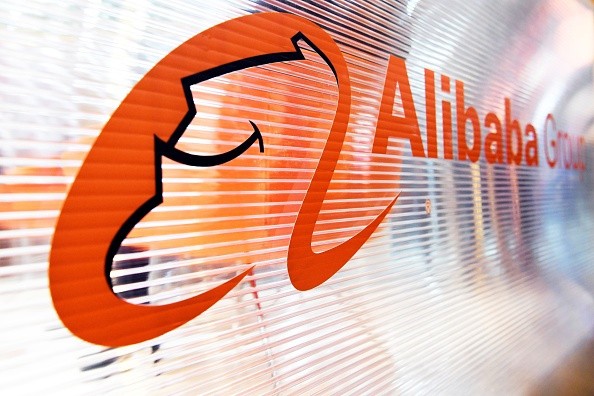
Alibaba, a major player in the Chinese e-commerce market, has said that it is developing a competitor to ChatGPT.
The firm is apparently joining the swarm of tech companies that have recently begun to capitalize on the chatbot craze.
AI Adaptation
A representative for the e-commerce corporation informed CNBC on Wednesday, Feb. 8, that ChatGPT-like technology is being developed. It is now being tested inside the company.
According to Alibaba, the company has been developing generative AI since 2017. The business, however, did not provide a timetable for the release of its ChatGPT alternative.
Notably, pre-market trading in the US saw Alibaba shares climb by 3%.
As the largest e-commerce business in China and a major participant in the cloud computing industry, Alibaba has hinted at the possibility of incorporating its own chatbot into its offerings. A representative told CNBC, "As a technology leader, we will continue to invest in turning cutting-edge innovations into value-added applications for our customers as well as their end-users through cloud services."
Related Article : AI Race Between Google, Microsoft Worries Experts-Here's Why
Emergence of ChatGPT
Tech businesses throughout the world are making a move as a result of the buzz around ChatGPT. The trending tool is a chatbot developed by OpenAI's artificial intelligence (AI) division.
Users may post questions on a broad range of subjects, draft essays, and even produce code using ChatGPT.
As a kind of generative AI, ChatGPT may generate new content, such as text or visuals. A big language model drives it, which means it can process and produce discussion using massive amounts of information.
The AI Race
The world's leading IT companies have entered something of an AI arms race in response to ChatGPT. Microsoft has just revealed that its Bing search engine and Edge web browser would be driven by AI, thanks to its investment in OpenAI and the underlying ChatGPT technology.
It was also this week that Google unveiled its "code red" strategy to counter the threat presented by ChatGPT, an AI chatbot platform named Bard.
Baidu, a major China-based search engine, said this week that it is experimenting with its own chatbot, dubbed "Ernie bot" in English and "Wenxin Yiyan" in Chinese. When the news was released, the stock price shot through the roof, demonstrating the level of interest in the technology among investors.
Chinese gaming giant NetEase said on Wednesday that its Youdao education division has been developing generative AI. A corporate spokesperson informed CNBC that the firm is considering incorporating massive language models into some of its educational programs.
NetEase did neither confirm nor deny rumors that it was developing a counterpart to ChatGPT. It has revealed that it will be announcing some of its innovative products shortly, but it has not said when.
Related Article : Will Google Bard, Microsoft Bing ChatGPT End SEO? Here's How They Could Change Marketing

ⓒ 2025 TECHTIMES.com All rights reserved. Do not reproduce without permission.




